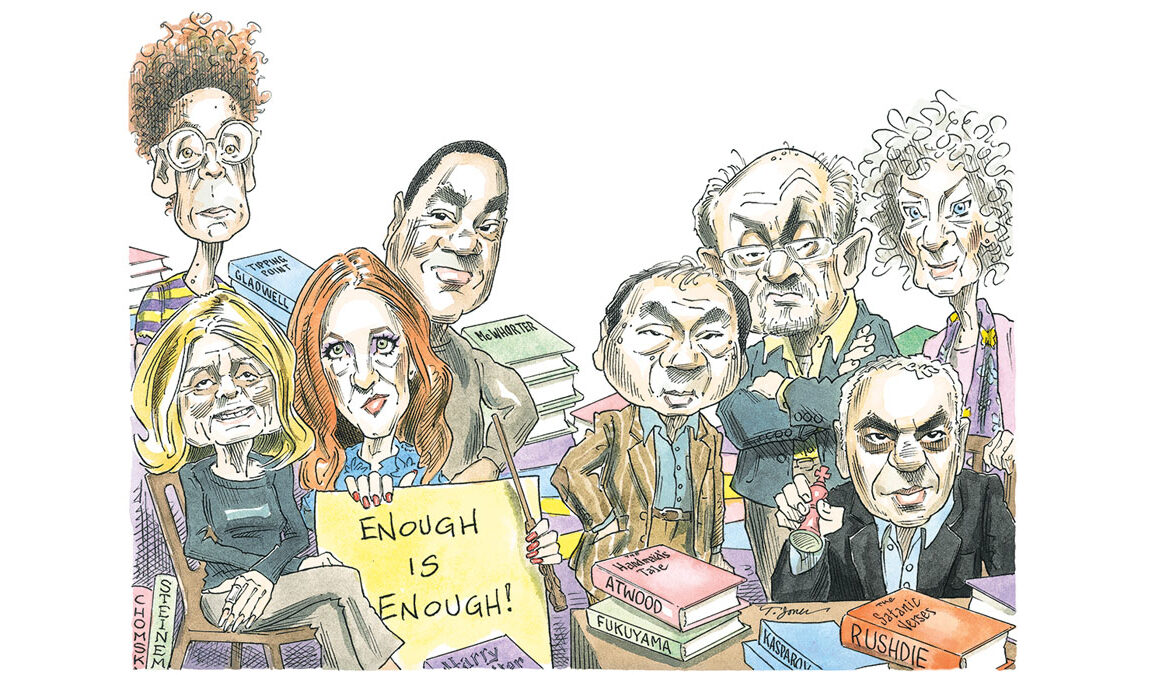In recent years, progressive politics seemed to dominate cultural and political conversations across industrialized nations. From climate action to identity politics, progressivism shaped debates, policies, and even cultural norms. However, the pendulum of public sentiment has swung dramatically, and all signs point to the decline of the ‘woke’ era. This shift, driven by economic anxiety, immigration concerns, and cultural fatigue, has reshaped the political landscape globally—and many believe this is a positive and much-needed change.
The Signs of Decline
James Carville, the seasoned Democratic strategist, bluntly declared, “It’s over. The identity left has lost.” Carville points out that much of the backlash stems from an overemphasis on niche cultural debates rather than addressing core voter concerns like economic growth and immigration control. “No one wants to defund the frickin’ police. No one wants the nonsense of cultural appropriation,” Carville stated. His frustration highlights the growing realization among traditional leftists that performative activism has alienated key voter groups.
Comedian Chris Rock also offered a sharp critique of the woke movement in his Netflix special Selective Outrage, observing, “Everybody’s full of shit… including those who tweet about justice from phones made by child slaves.” Rock’s satire captures the growing disillusionment with an elite-driven movement that often appears hypocritical and disconnected from the lives of ordinary people.
A Global Rejection of Wokeness
The decline of the progressive era is not confined to the United States. Across Europe, dissatisfaction with progressive policies has manifested in the rise of right-wing populist movements. Stefan Marschall, a political scientist at Heinrich Heine University, explains, “Far-right parties have solidified around a constant, ongoing critique of elites.” This critique resonates deeply with working-class voters who feel abandoned by traditional left-wing parties.
In Germany, the rise of the Alternative für Deutschland (AfD) party serves as a stark example. AfD has surged in polls, capitalizing on growing fears about unchecked immigration and economic stagnation. The party’s success is a clear signal that voters are prioritizing national identity, security, and economic stability over abstract ideological goals.
In France, Marine Le Pen’s National Rally party has cemented itself as a dominant political force. Similarly, Italy’s Brothers of Italy, under Giorgia Meloni, have taken control with a message focused on national pride, economic self-sufficiency, and cultural integrity.
Canada, once seen as a bastion of progressive ideals, is also experiencing a political shift. Prime Minister Justin Trudeau’s Liberal Party faces widespread backlash. Shachi Kurl, president of the Angus Reid Institute, explains, “Canadians aren’t necessarily embracing right-wing policies—they’re rejecting Trudeau.” Trudeau’s focus on cultural signaling over addressing housing costs, inflation, and immigration concerns has alienated voters.
Why Is This Happening?
The reasons behind this widespread rejection of progressive politics are both economic and cultural:
- Economic Stagnation: Years of weak wage growth, inflation, and job insecurity have left working-class voters disillusioned. Many feel left behind by policies that prioritize abstract environmental goals over immediate economic relief.
- Immigration Concerns: Large waves of immigration have caused cultural and economic anxieties, especially in smaller towns and rural areas where integration policies often fall short.
- Cultural Fatigue: Debates around pronouns, gender-neutral bathrooms, and cancel culture have alienated mainstream voters who see these as distractions from more pressing concerns.
Ruy Teixeira, a political analyst from the American Enterprise Institute, succinctly captured this sentiment: “Working-class people are just pissed off—about immigration, about all the culture war stuff, and the relatively poor economic performance that has shaped their lives.”
Political philosopher Susan Neiman offers a broader critique of the modern progressive movement, arguing that its focus on identity politics has weakened its appeal. “The struggles have nothing to do with justice but are just a matter of tribes fighting for power,” Neiman states.
The American Case Study
Donald Trump’s political resurgence in the United States serves as the clearest example of this global trend. His appeal cuts across traditional conservative lines, resonating with working-class voters from diverse racial and cultural backgrounds. Trump’s ability to tap into the frustrations of young men—a demographic often overlooked by progressive activists—was particularly effective.
Sarah Baxter observed in her analysis of Trump’s recent victory, “The era of Black Lives Matter, critical race theory, and defunding the police is over.” Young voters, especially men, have grown weary of being lectured about identity politics and being cast as villains in the narrative of societal injustice.
Trump’s strategy included outreach through unconventional media platforms such as YouTube and podcasts popular with young men. This approach allowed him to bypass traditional media filters and speak directly to a disillusioned audience.
The Global Shift Is Here to Stay
While progressives once dominated the cultural and political discourse, the shift to the right appears to be durable. Ursula Münch of Germany’s Academy for Political Education warns of potential gridlock as establishment conservatives struggle to form coalitions with insurgent populists. “This could increase dissatisfaction as voters see that political paralysis sets in,” she said. However, this frustration is also a sign that voters are no longer willing to accept half-measures from traditional parties.
What Comes Next?
If progressives hope to recover any political ground, they must abandon performative gestures and focus on practical solutions. Economic growth, job security, and immigration reform must take priority over debates about cultural appropriation or virtue signaling.
James Carville offers a blunt roadmap: “Good candidates will give you a sharp definition and a concise message.” Until progressives learn to prioritize policies that directly improve the lives of average citizens, their influence will continue to wane.
A Positive Step Forward
The decline of the progressive era marks an opportunity for politics to return to real, tangible issues that matter to voters. Across the globe, from the United States to Canada to Germany, people are signaling their desire for leaders who prioritize national identity, economic stability, and pragmatic solutions.
As Chris Rock aptly observed, “People are tired of the hypocrisy. They want authenticity.” This global political shift is not a regression but a necessary correction, bringing balance back to a conversation dominated for too long by out-of-touch elites.
The coming years will reveal whether progressives can adapt to this reality—or if they will fade further into political obscurity. For now, it seems the age of wokeness is over, and for many, that is a very good thing indeed.








